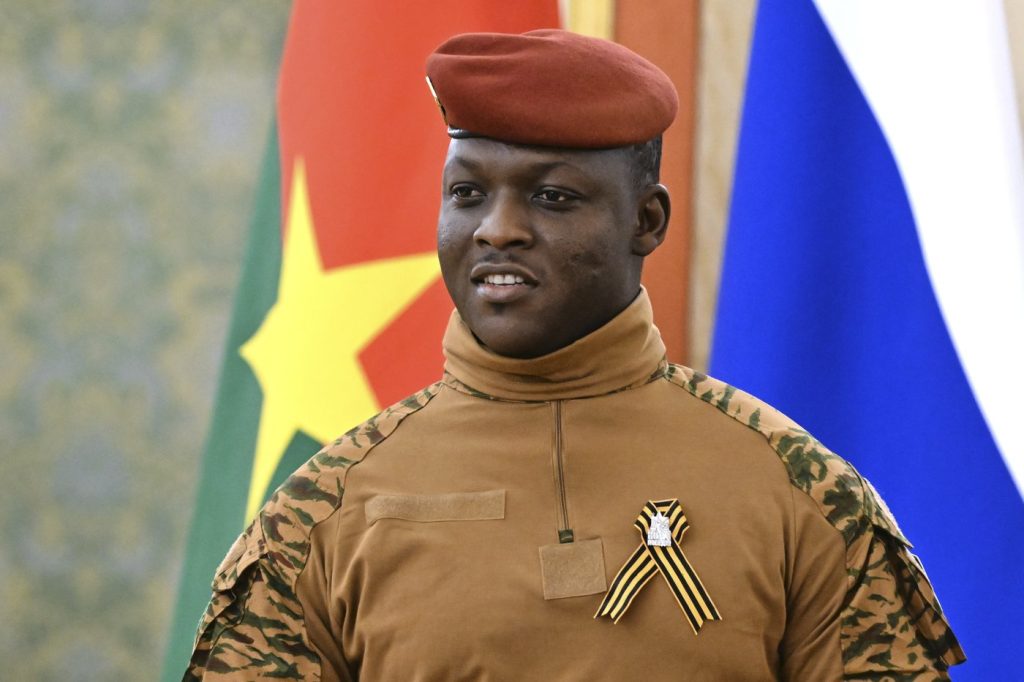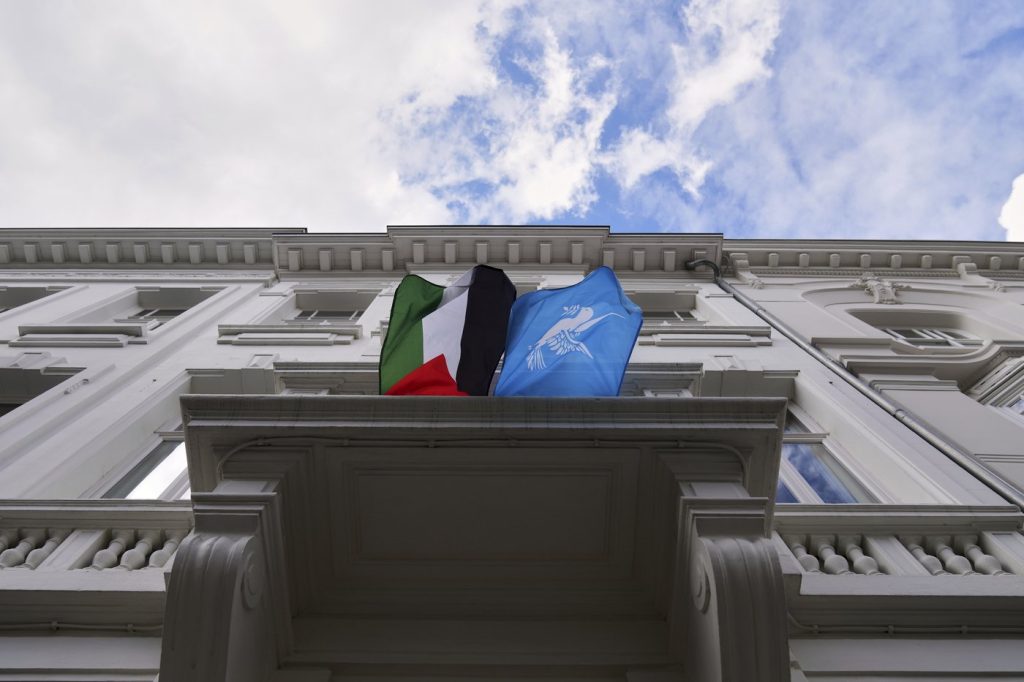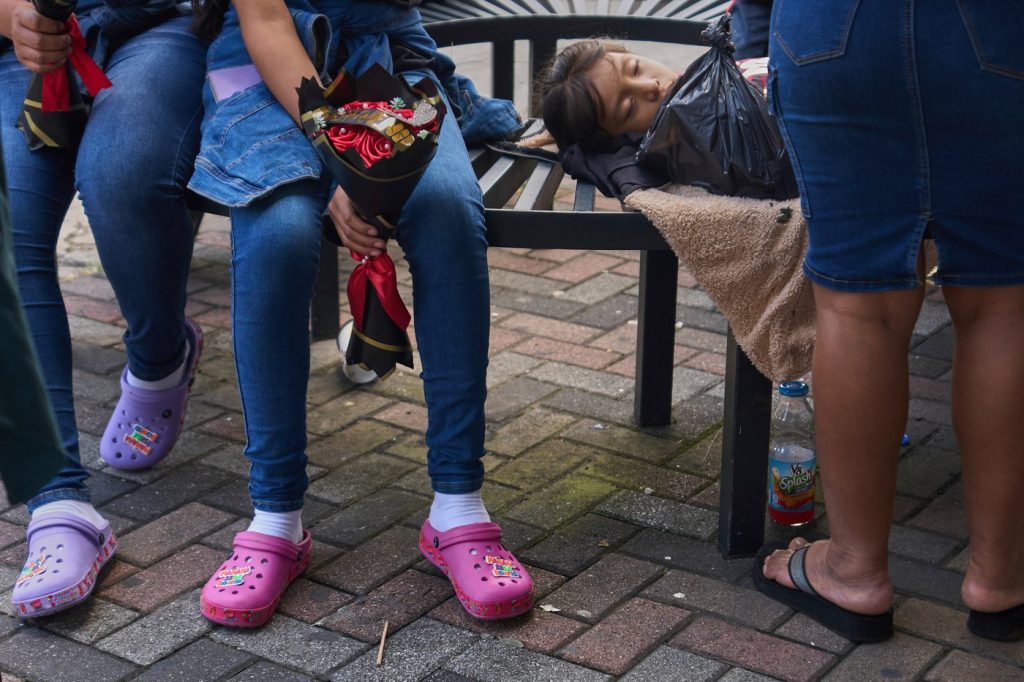OUAGADOUGOU, Burkina Faso (AP) — Burkina Faso's parliament has enacted a law that criminalizes homosexuality, imposing prison sentences of two to five years for offenders, as reported by the state broadcaster late Monday. This newly amended family code was passed unanimously by the parliament, more than a year after it received initial approval from the military government led by Captain Ibrahim Traore.
With this law, Burkina Faso joins over half of Africa's 54 nations that have similar legislation against homosexuality, which carries varying penalties, from several years in prison to in some cases, the death penalty. While such laws receive heavy criticism from international organizations and human rights advocates, they remain popular within these nations, where many view homosexuality as a foreign influence rather than a legitimate sexual orientation.
The implementation of the new law is immediate, exposing individuals involved in same-sex relationships to the risk of incarceration and financial penalties. Justice Minister Edasso Rodrigue Bayala reinforced this stance during a state television briefing, referring to homosexual acts as "bizarre behavior." He also emphasized the legal consequences for offenders, stating, "You will go before the judge."
Officials have framed the new law as an affirmation of "marriage and family values" in Burkina Faso. The military government, which has been in power since a coup in 2022, claims that the law is a step towards reinforcing societal norms amidst a pronounced security crisis in the region. The junta's leaders have positioned themselves as guardians of traditional values and advocates for what they describe as authentic African morality.
Critics, including rights organizations, argue that the junta is suppressing human rights, evident through widespread arrests and military coercion against dissenters. Since taking control in September 2022, following Burkina Faso's second coup that same year, Captain Traore has sought to establish himself not just within national borders but as a pan-African figure promoting autonomy from Western influence. This rhetoric resonates especially well with Africa's young demographics, who feel disillusioned by external interventions.
In summary, the passage of this law marks a significant shift in Burkina Faso's legal landscape regarding LGBTQ+ rights and highlights the ongoing struggle between traditional values and human rights advocacy in the region. As these developments unfold, the implications for social dynamics and international relations continue to remain a critical area of observation and concern.












